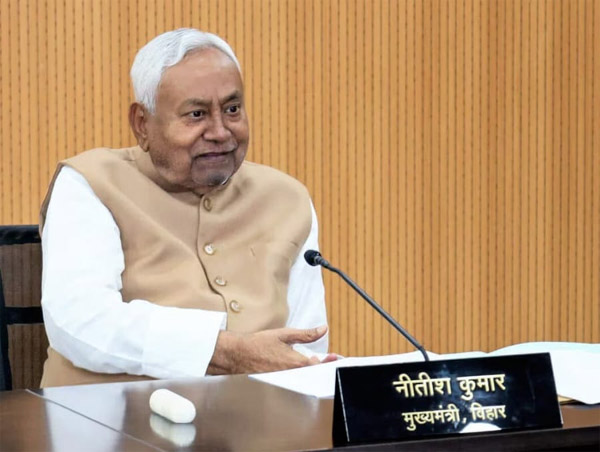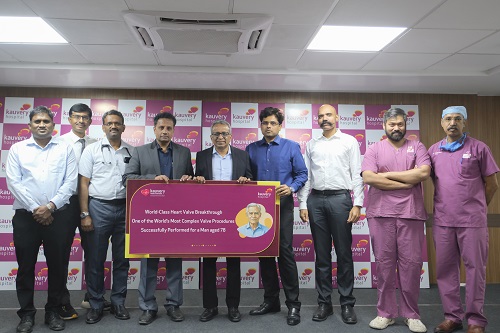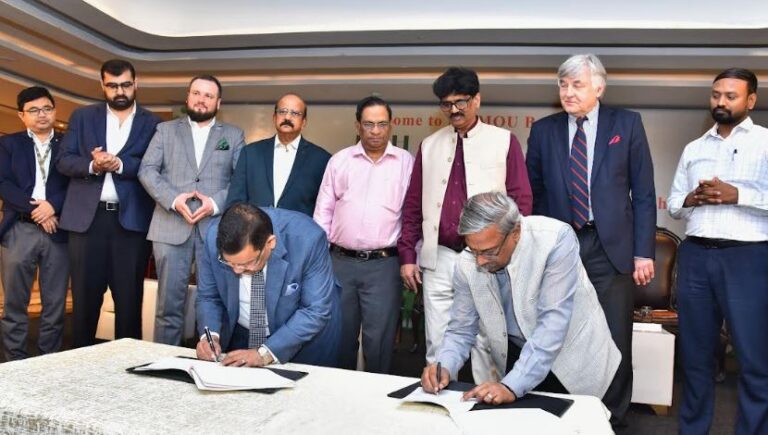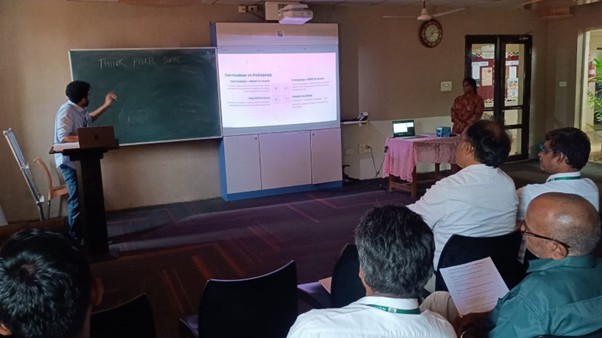
By Neeraj Kumar
Patna: The doors for foreign investment in Bihar appear to be opening wider, with Australia expressing interest in investing in the state’s power generation sector. Australia’s Consulate General in Kolkata, H. Boylan, has requested a meeting with Bihar’s Energy Minister, Bijendra Prasad Yadav, to discuss potential investments. The Consulate General is scheduled for a two-day visit to Bihar on August 12 and 13, during which meetings with Chief Minister Nitish Kumar and other ministers are also likely.
Bihar holds significant potential for non-conventional power generation, an area Australia is keenly aware of. The Bihar government, under its Jal-Jeevan-Hariyali Mission, has been actively promoting non-conventional power. Over 3,500 government buildings already have solar power installations, and plans to expand this to 9,000 buildings in the next two years have been approved. Both Indian and international companies have been invited to invest in this growing sector.
Officials from the Energy Department highlight that Bihar’s favorable policies and abundant resources make it an attractive destination for investors. The state, particularly in the solar energy sector, offers vast opportunities for non-conventional electricity production. Recognizing these opportunities, the Australian Consulate General has sought discussions with the Energy Minister to explore investment possibilities. Should Australia decide to invest, the Bihar government has assured all necessary support.
A recent central government survey reports that Bihar has the potential to produce 16,000 megawatts of non-conventional electricity. Of this, 11,200 megawatts could be generated from solar energy, and 3,650 megawatts from wind energy. Additionally, Bihar’s rivers and canals offer the potential to produce 527 MW of hydroelectric power from small units, excluding larger hydro projects. The state also has the capacity to generate 619 MW from biomass, 300 MW from auxiliary units, and 73 MW from waste materials.
This developing interest from Australia could mark a significant milestone in Bihar’s journey toward becoming a hub for non-conventional energy production.







